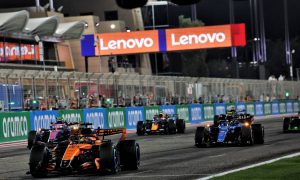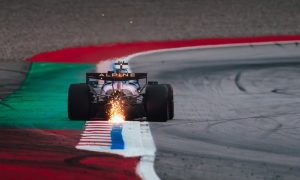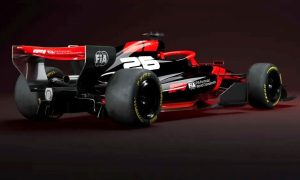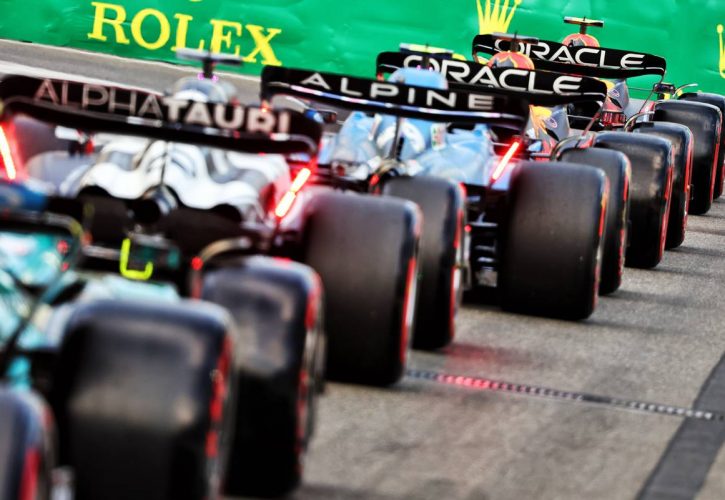
The FIA is set to issue new guidelines to ensure that any technical collaboration between F1 teams does not violate the sport's regulations.
The governing body’s move comes in response to AlphaTauri's significant performance gains in the latter part of the 2023 season following its closer ties with sister outfit Red Bull.
As AlphaTauri plans to incorporate even more Red Bull components in its 2024 car, some teams have expressed concerns about the potential for an unfair advantage arising from such a close collaboration.
The FIA acknowledges the risks associated with such collaboration, especially if teams engage in illicit activities.
However, it maintains that its rigorous checks are capable of detecting any irregularities. The increased scrutiny on teams that openly collaborate further strengthens the FIA's ability to maintain fair competition in F1.
In response to questions about Red Bull and AlphaTauri's relationship, FIA Single-Seater Technical Director Nikolas Tombazis affirmed that the analysis of both teams' cars has revealed no cause for concern.
He also emphasized the FIA's commitment to maintaining the integrity of the sport's technical regulations.
“We check teams that are in close proximity to each other a lot more closely than we check completely independent teams, exactly to make sure this thing doesn't happen.” commented Tombazis, quoted by Autosport.
“That is a concern. It has been a concern not only between the two teams mentioned, but also among other pairs of teams.
“We believe that AlphaTauri specifically does have quite different aerodynamic solutions to the other company, and we don't think there's any sign of any direct collaboration.

©AlphaTauri
“Clearly, they are working hard and they have made a step forward. But I don't think it can be said it's due to collaboration.
“That said, collaboration, or making sure that no such thing happens, is one of the tricky parts of policing teams.
“We do need to audit and make sure that all of these teams are well segregated and so on. And we will be issuing some further guidances quite soon to just provide further information to the teams about how they can convince us none of that is happening.
“We're not underestimating the challenge and it is one of the difficulties we have.”
It has been suggested that teams could work together to experiment with distinct development approaches to converge, for instance, on an optimal solution.
However, Tombazis emphasizes that engaging in such activity would violate regulations and could readily be detected through the FIA's design inspections.
“That is obviously heavily illegal, because we have at times in the past checked similar components between teams and then got into their development process to see how they evolved,” he said.
“I don't think there's something like that happening at the moment. We have checked and we have a process to check. Is it easy? No, I'm not saying it's easy, it's always sort of a challenge.”
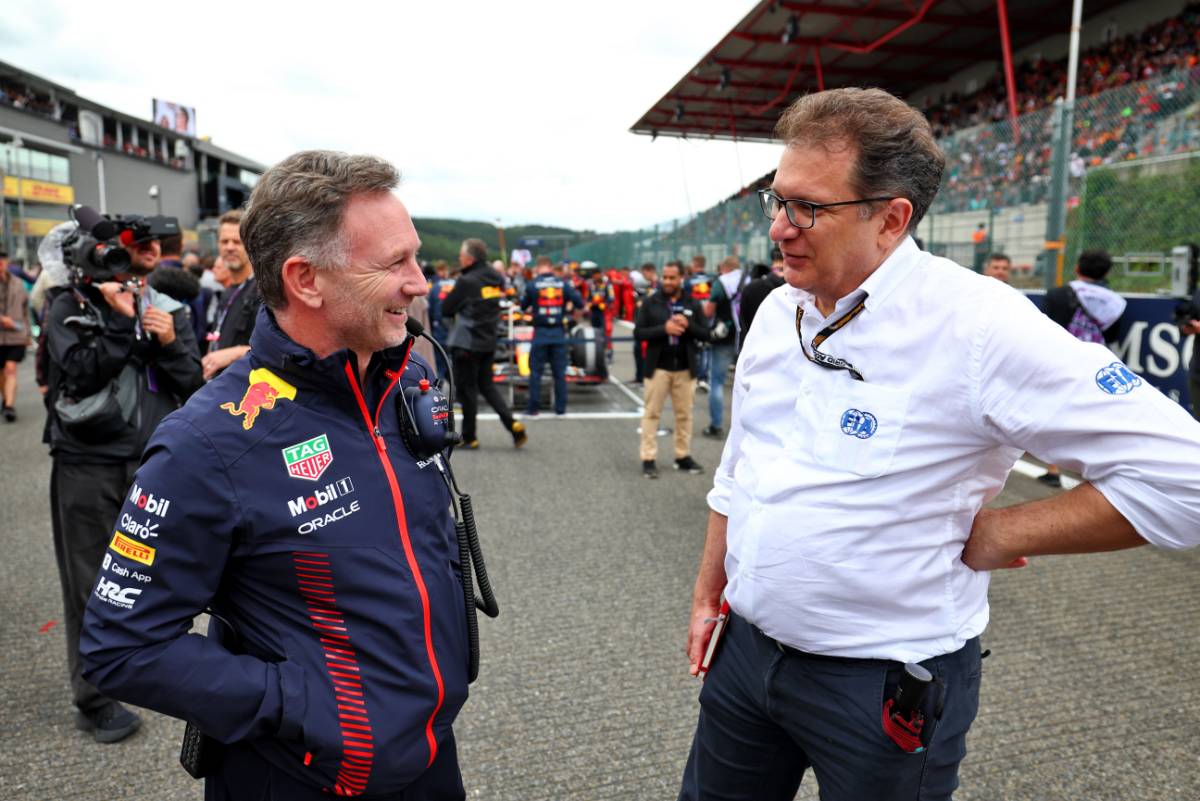
Interestingly, while Tombazis is confident that the FIA can effectively monitor exchanges between teams that openly collaborate, he asserts that the greater potential for illicit activity actually lies with teams that operate independently.
“The main incentive for two teams to collaborate isn't whether they exchange components or whether they even share a wind tunnel,” he said.
“You can have two teams collaborating, one is in the UK, and one is in Argentina, and if two teams wants to communicate against regulations, have Zoom calls and have the engineers chat with each other, that is quite feasible.
“We don't watch people's day-to-day movements, and nor is it our intention to do so. These pairs of teams get more frequently criticised for collaboration just because they have common ownership or whatever, but it is not the only pair of teams that could collaborate. You could have two independent teams who decide to mutually gain by helping each other.
"I don't think that's happening, but I'm just saying that our tools to prevent this happening don't need to be just linked to physical components that are sold by one team to the other.”
Keep up to date with all the F1 news via Facebook and Twitter





